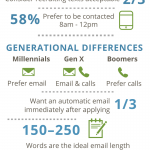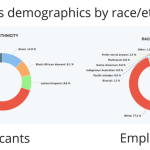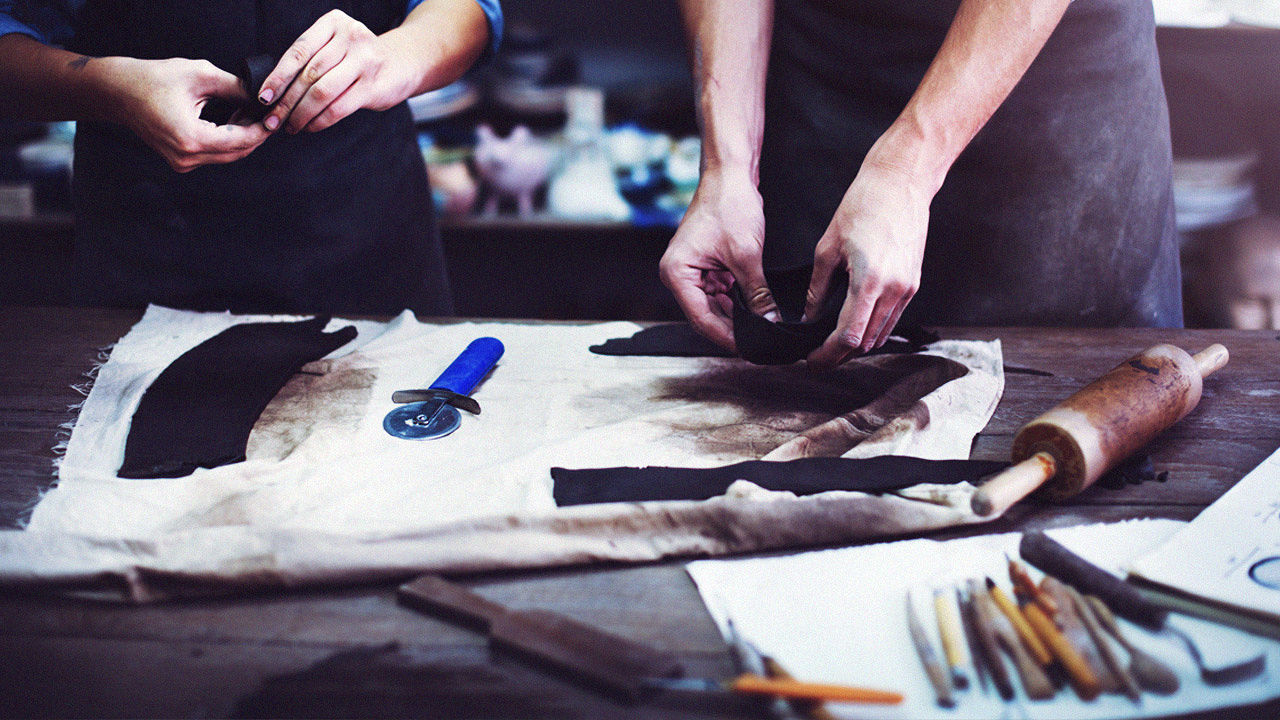Why You’re Probably Asking For Less Pay Than You’re Worth
Brian had been offered the position of his dreams, complete with stock options and generous benefits. He hadn’t accepted, wisely saying he’d like to mull it over for a couple of days, and came to me for coaching.
“Even asking the HR manager if I could think about it was nerve-racking,” said Brian. “I was afraid she’d say no. But I did ask, and she was fine with it.”
“Brian, they clearly want you to be happy and do good work for them,” I replied. “If she’d insisted you answer right away, you’d have known that wasn’t the case. Now you need to get back to them. What do you want to do?”
“Well, I’m so excited they made an offer, I’m tempted to accept. Besides, I don’t want to seem pushy.”
You may think you’re a better self-advocate than Brian seemed to be, but the truth is that many of us don’t push as hard as we can. Creative professionals, in my experience, are more liable than others to ask for less pay than they could otherwise get, but unfamiliarity—with how an industry or a prospective employer or client does business—can leave just about anybody shortchanged. Here’s how to earn every last dollar that you’re worth.
Know What Not To Say
Business negotiations are stressful, and there’s probably no changing that. They require you to think in the moment while trying to square your own goals and sense of fairness with others’—all on the fly.
I coach creatives almost every day on negotiating. Over time, I’ve learned techniques that work and discarded some that don’t. For instance, in my conversation with Brian, I could’ve pushed him to ask for more money right away. But I’ve learned that simply instructing a creative professional point-blank to ask for more just doesn’t work. (I’ve also learned that coaching isn’t about telling someone to do anything.)
Typically, most people don’t push for higher compensation for these reasons:
- They think their work isn’t worth more than the initial offer.
- They don’t want to seem too aggressive or make others uncomfortable, especially if they’ll need to work closely together later.
- They forget that that negotiation is expected.
Here’s another factor I’ve encountered in most creative people I’ve worked with: In general, they’re motivated by the work itself, not by money. Harvard Business School professor Teresa Amabile and her colleagues have spent decades studying work motivations. They point out that creativity flourishes when people feel drawn by “interest, enjoyment, satisfaction, and challenge.”
So simply telling someone—especially a creative—to suck it up and ask for more money doesn’t usually work because they don’t believe they’re worth it, but also because it’s not really their primary objective.
So what does work?
Tally Up Your Value
In Brian’s case, the offer seemed generous for an initial proposal, but I knew it could’ve been more for someone with his background. I guessed someone at the firm really wanted him but had sent in the HR manager to see if they could keep the price point low. Brian was torn between feeling he could get a better offer and the worry that he’d fatally offend a future employer by asking for more.
If the real joy for you lies in the work and its recognition, that’s the right place to start to get comfortable pushing for more. I decided to dig into Brian’s interactions so far with the company to get some insight into how they felt about his work.
“Brian, who on the firm’s team have you met with?”
“Just the HR manager, in person. I did get a weird phone call from the creative lead, though. He called at six in the evening, which was fine—until I realized he was calling from London, meaning it was two in the morning for him!”
That was the affirmation I was looking for: Someone important wanted Brian badly. So I turned the talk to which of Brian’s accomplishments the firm seemed most interested in.
Since those of us who are creative tend to be more focused on what we’re doing right now and what we’re going to do next, we often lose track of our past accomplishments. Also, because we always believe that our work could be better, we tend to feel we don’t quite measure up. These two tendencies might make us great at what we do, but they aren’t helpful when we’re asking for money.
Because people do come to me for coaching on compensation, I ask early on what amount they’re willing to accept. Once that number’s been spoken, I don’t comment on it. Whatever they say is fine, even if it seems ridiculously low to me.
Then I ask my clients about their work and work-related experiences—education, projects, achievements, and other successes. And I ask about the first incident that started them down the path leading to their careers. I ask as many follow-up questions as I can and take conspicuous and copious notes. I find that, as they warm to the subject and those notes pile up, they become increasingly comfortable citing their credentials.
At the end of the hour, I ask again what number they’re willing to accept, and, just like magic, it’s always higher. But even more important is how their self-confidence has grown in less than 60 minutes.
Seeing Mutual Interest
By pointing out to Brian that his prospective employer wanted him to be happy working there, I purposefully planted an idea to bring up later on. In my experience, creative professionals are more empathetic than most people.
Carola Salvi, PhD, studies the neural mechanisms of creativity. As she puts it, “Research on personality traits indicates creative people score higher on sensitivity and interpersonal warmth.” I’ve seen those traits manifest in my clients as a concern for the welfare of others—which sometimes threatens to overwhelm what’s best for them.
Never forget: Asking for what you need to work well is in the best interest of both sides.
Before long, Brian was emboldened by the reminder that a call placed at two in the morning connotes very real interest. He also was able to see how asking for what he needed to be productive was good for everyone.
When he met again with the HR manager, he said, “In light of my accomplishments, I believe you should reconsider your offer,” then sat back quietly and waited for a response. The HR manager offered him 20% more than what was originally on the table, and they happily shook hands.
Ted Leonhardt is a designer and illustrator, and former global creative director of FITCH Worldwide. His specialized approach to negotiation helps creative workers build on their strengths and own their value in the marketplace. Follow Ted on Twitter at @tedleonhardt.
YouTube Star Lilly Singh On How To Ask For A Raise
Fast Company , Read Full Story
(12)














